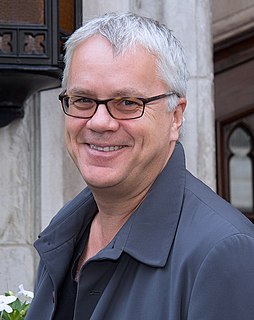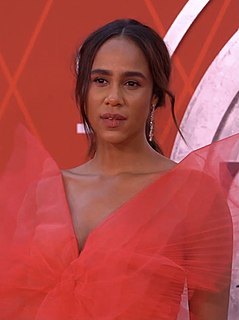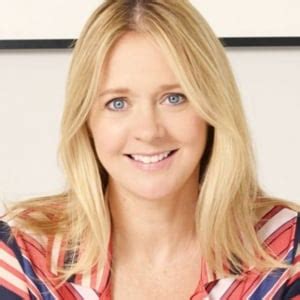Цитата Мин Джин Ли
Я думаю, что если ты писатель и женщина, то ты должна очень хорошо переносить унижения.
Связанные цитаты
Я думаю, что писатель — это слово без рода, и хороший писатель наблюдает, впитывает, надеюсь, сопереживает, а затем переводит это в характер и историю. Вам не нужно делать или быть или переживать, путешествовать, но вы должны представлять все это очень хорошо — и полностью верить в это во время пузыря работы.
Ну, я не очень внимательно читал «Мой день» Элеоноры Рузвельт. Я много времени отсутствовал, на войне и так далее. Она была не такой уж хорошей писательницей. Она была немного банальна, и вы знаете, что случилось, а потом случилось то, а потом случилось то... Но я скажу вот что. Ей очень хорошо заплатили за это.
Невозможно дать совет молодому писателю, потому что все молодые писатели такие разные. Вы можете сказать: «Читай», но писатель может прочитать слишком много и остаться парализованным. Или: «Не читай, не думай, просто пиши», и результатом может быть гора чуши. Если вы собираетесь стать писателем, вы, вероятно, сделаете много неправильных поворотов, а затем в один прекрасный день просто напишете то, что должны написать, и будете делать это все лучше и лучше просто потому, что хотите, чтобы это было лучше, и даже когда вы состаритесь и подумаете: «Люди должны делать что-то еще», вы не сможете бросить.
Просто пиши. Если вам приходится делать выбор, если вы говорите: «Хорошо, я отложу писать, пока мои дети не вырастут», то вы на самом деле не хотите быть писателем. Если вы хотите быть писателем, вы сами пишете... Если вы этого не делаете, вы, вероятно, не хотите быть писателем, вы просто хотите писать и быть знаменитым, а это совсем другое.
Я говорю «из принципа» [относительно «писательницы-лесбиянки»], потому что всякий раз, когда к вам приклеивают один из ярлыков меньшинства, например, «писательница-ирландка», «писательница-канадка», «писательница-женщина», «писательница-лесбиянка» — любая из этих категорий — ты всегда слегка вздрагиваешь, потому что боишься, что люди подумают, что ты собираешься писать только о Канаде или Ирландии.






































